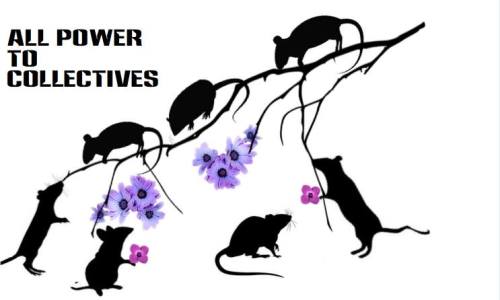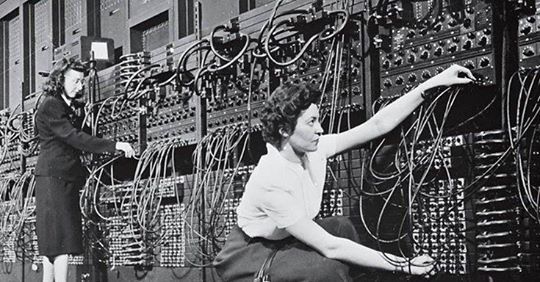Fight Ford! We Will Win!
Join the ‘Fighting For Our Lives’ March on June 7th!
4:00pm
Friday, June 7th, 2019
Dundonald Park (Somerset @ Lyon, map link)
Marching to Courthouse on Elgin St.
Bring signs, banners, and noisemakers!
On Friday, June 7th, during the province-wide Day of Action to oppose the Ford government, the Punch Up Collective invites you to join the ‘Fighting For Our Lives’ contingent as we march from Dundonald Park to the main Ottawa rally at the Ontario Courthouse on Elgin St.
The main June 7th rally in Ottawa, taking place at the Ontario Courthouse (161 Elgin St.), has been endorsed by the ODLC, OPSEU OAC, Ottawa Post-Secondary Education Coalition, Ottawa Coalition Against Ford, ETFO, OCEOTA, OSSTF, CUPE, PSAC, UNIFOR, Fight for $15 and Fairness, and GSA Carleton. Groups are encouraged to organize their own feeder marches and to converge at the Courthouse for a 5:00pm rally.
The ‘Fighting For Our Lives’ contingent marches in solidarity with those most affected by Doug Ford’s cruelty, with the people whose very lives are put at risk by this government’s policies, including Indigenous people, people on ODSP and OW, people denied access to overdose prevention sites, migrants and refugees denied access to legal aid, and all those targeted by multiple forms of oppression.
We are fighting not only the cuts to social services, to classrooms and universities, and to environmental and worker protections, we are also fighting the Ford government’s distribution of money and support towards things that hurt us: prisons, the foreclosure of reproductive justice, and corruption at the core of the current government.
We acknowledge that this action is taking place on unceded and unsurrendered Algonquin territory. We believe that effectively fighting the Ford government requires reckoning with and challenging colonialism and supporting Indigenous struggles for self-determination.
Fight Ford! We Will Win!
In solidarity and struggle,
The Punch Up Collective



